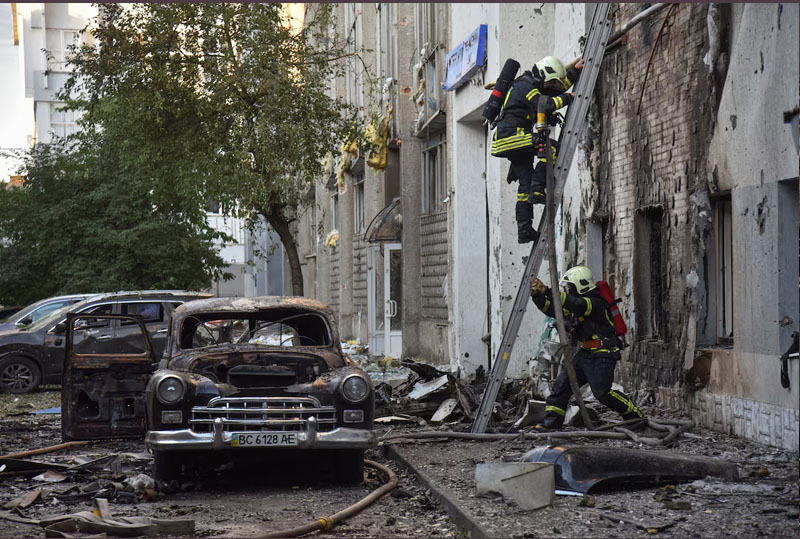European leaders expressed cautious optimism on Saturday over U.S. President Donald Trump’s planned meeting with Russian President Vladimir Putin to discuss ending the war in Ukraine. While welcoming the diplomatic initiative, they emphasized the importance of maintaining pressure on Moscow and safeguarding Ukrainian and European security interests. Trump is set to meet Putin in Alaska on Friday, claiming that the parties, including Ukrainian President Volodymyr Zelenskiy, are nearing a potential deal to resolve the three-and-a-half-year conflict.
The White House confirmed that Trump is open to a trilateral summit involving Putin and Zelenskiy but is currently planning a bilateral meeting as requested by Putin. Russian and Ukrainian officials have not yet commented on the possibility of a three-way discussion. Although details of a potential agreement remain undisclosed, Trump suggested it could involve territorial exchanges, raising concerns that Ukraine may be pressured to cede significant land—a move Zelenskiy and European allies warn could embolden further Russian aggression.
In preparation for the talks, U.S. Vice President JD Vance met with British Foreign Secretary David Lammy, Ukrainian representatives, and European allies at Chevening House near London to discuss Trump’s peace efforts. A joint statement from leaders of France, Italy, Germany, Poland, Britain, Finland, and the European Commission acknowledged Trump’s initiative but stressed continued support for Ukraine and sanctions on Russia. They insisted any diplomatic solution must protect Ukraine’s sovereignty and Europe’s security interests.
The leaders reaffirmed that Ukraine’s territorial integrity must not be compromised by force, stating that the current frontline should serve as the basis for negotiations. They also emphasized that peace talks could only proceed alongside a ceasefire or de-escalation of hostilities. “The path to peace in Ukraine cannot be decided without Ukraine,” the statement declared, underscoring the need for robust security guarantees to uphold Ukraine’s sovereignty. The cautious tone reflects Europe’s balancing act between supporting diplomacy and preventing concessions that could reward Russian aggression.



